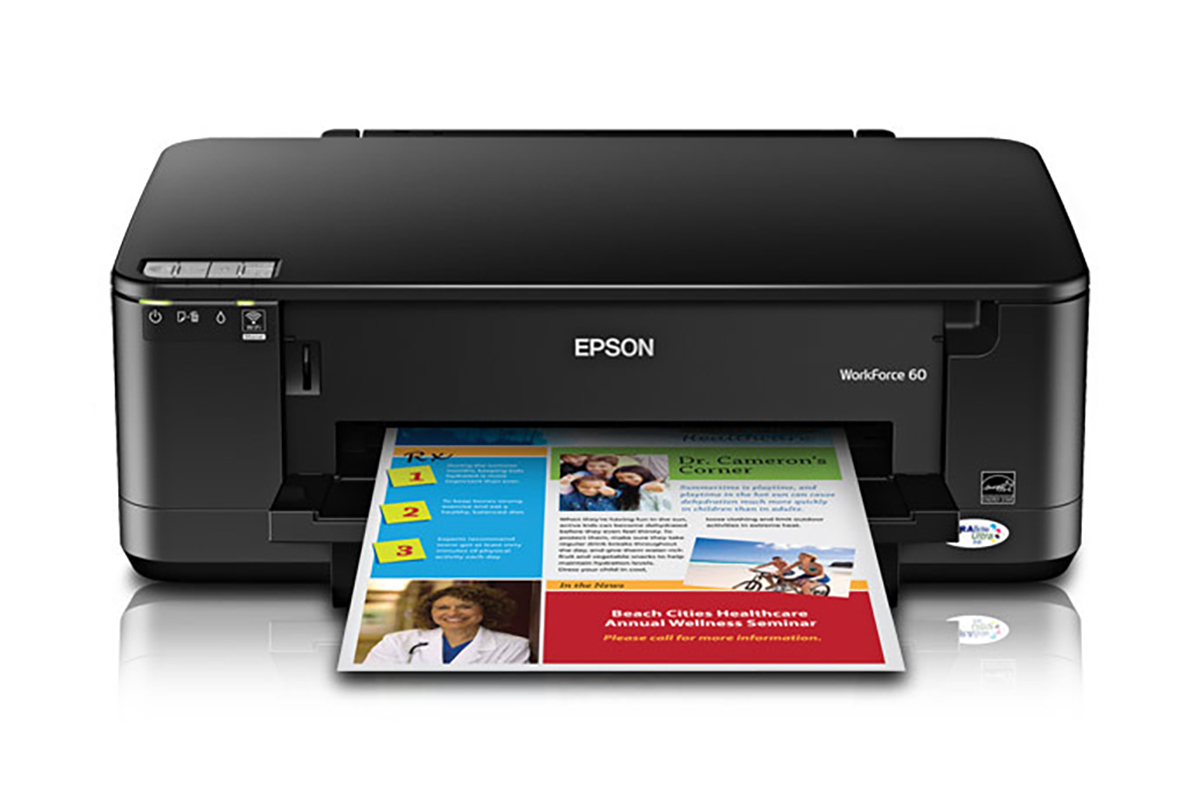Epson has announced that it will completely halt the sale and distribution of laser printers by 2026 due to environmental concerns. In an official statement, it claims that such products use a significant amount of energy than their inkjet counterparts.
The Japanese multinational company actually has already halted laser printer sales in many markets, but continued to sell them in regions such as Asia and Europe. Despite its imminent exit in another four years, Epson says it will still continue to provide consumers with consumables and components for its laser-based products.
“As a company we’re totally committed to sustainable innovation and action, and inkjets simply use less energy and fewer consumable parts,” explained Epson sales and marketing manager Koichi Kubota. “While laser printers work by heating and fusing toner to a page, Epson’s Heat-Free inkjet technology consumes less electricity by using mechanical energy to fire ink onto the page.”

Following up on the above statement, Kubota explains that the company will fully focus on its inkjet-based products moving forward. Unlike its laser counterparts, Epson says inkjet printers produce up to 85% less carbon dioxide, and have up to 59% fewer replaceable components. In regards to the latter, laser printers involve the usage of multiple products such as toners, drum, developers, and fusers – all of which require replacement upon expiry. In addition, the company also previously claimed in a 2019 blog post that its inkjets consumed 85% less energy than similar-speed laser printers.

With its complete phase out still a number of years away, it is unclear if Epson would stop introducing newer laser printer models along the way. As to whether or not rival companies such as Brother, HP, and Canon would also consider phasing out from producing similar laser-based devices remains to be seen. However, given the fact that such products are actually impacting the environment, there is a chance that the manufacturing and sale of laser printers will cease entirely in the near future.
Follow us on Instagram, Facebook, Twitter or Telegram for more updates and breaking news.



